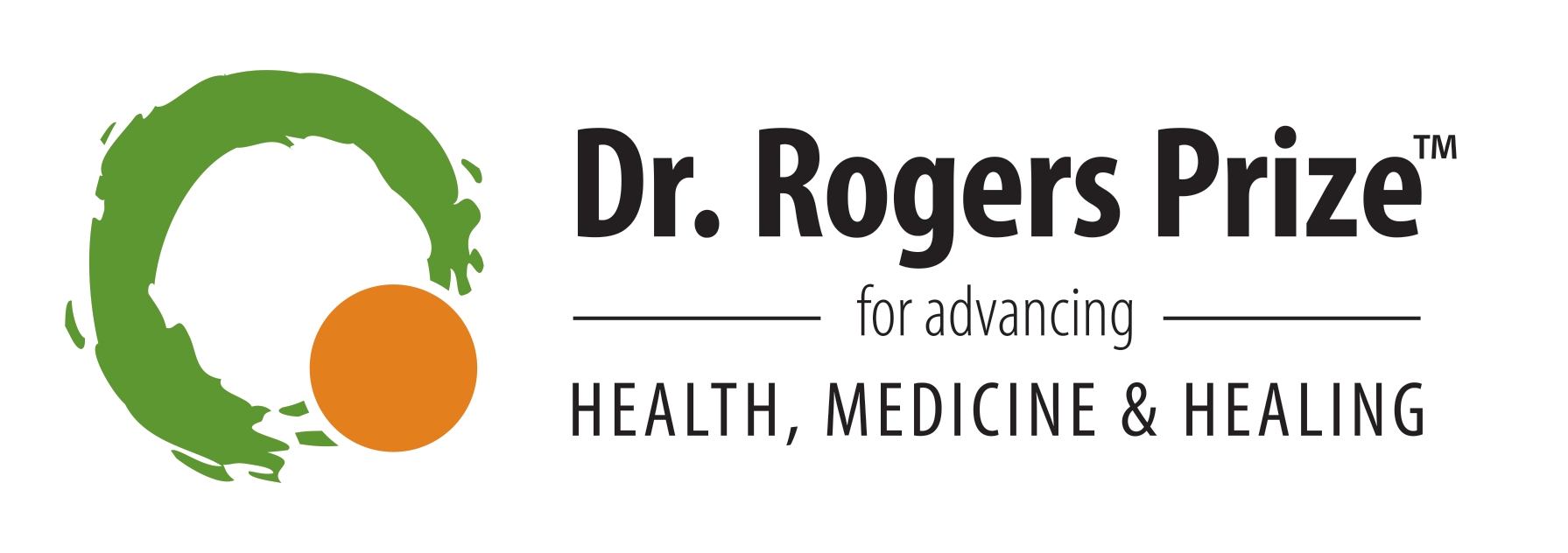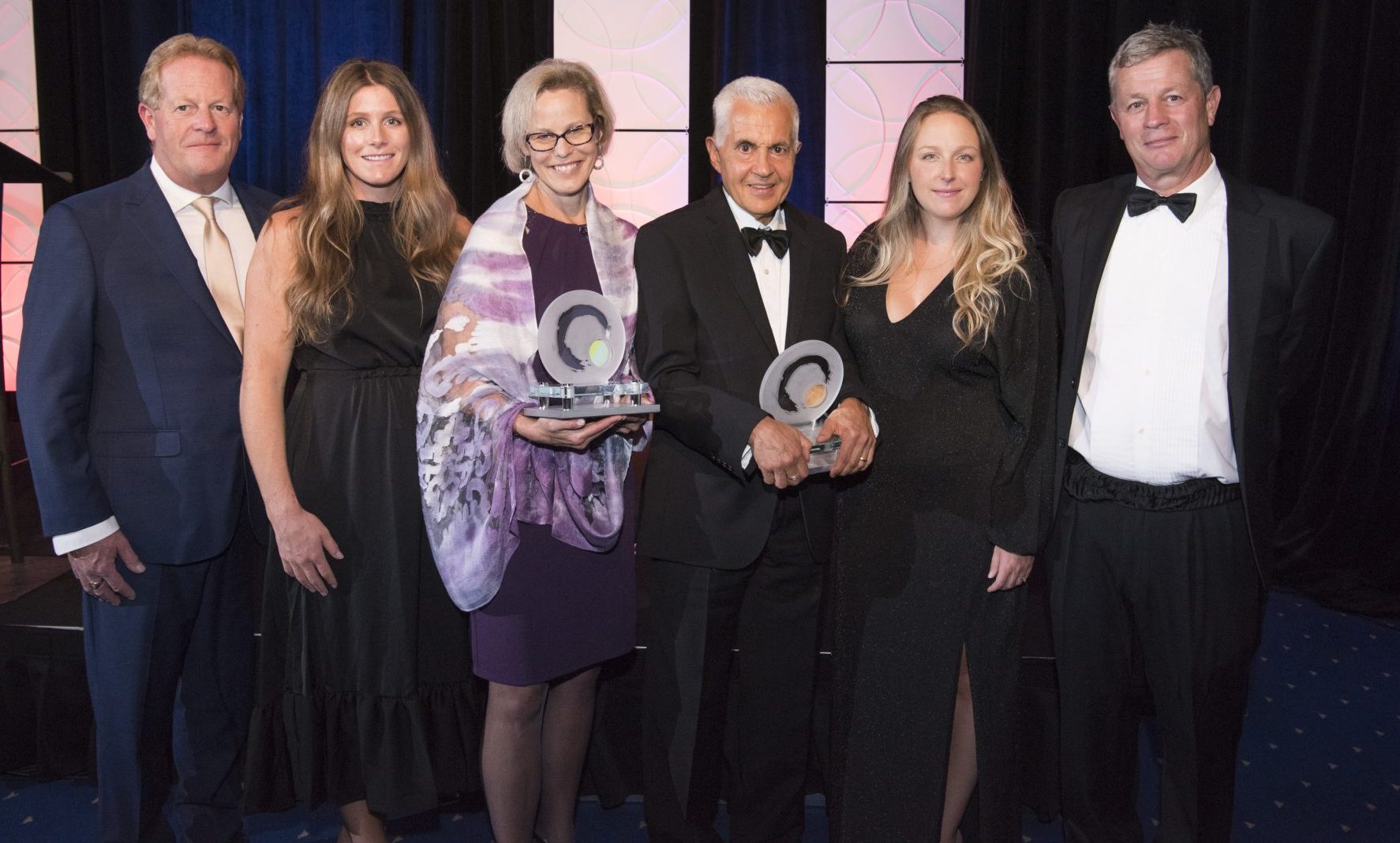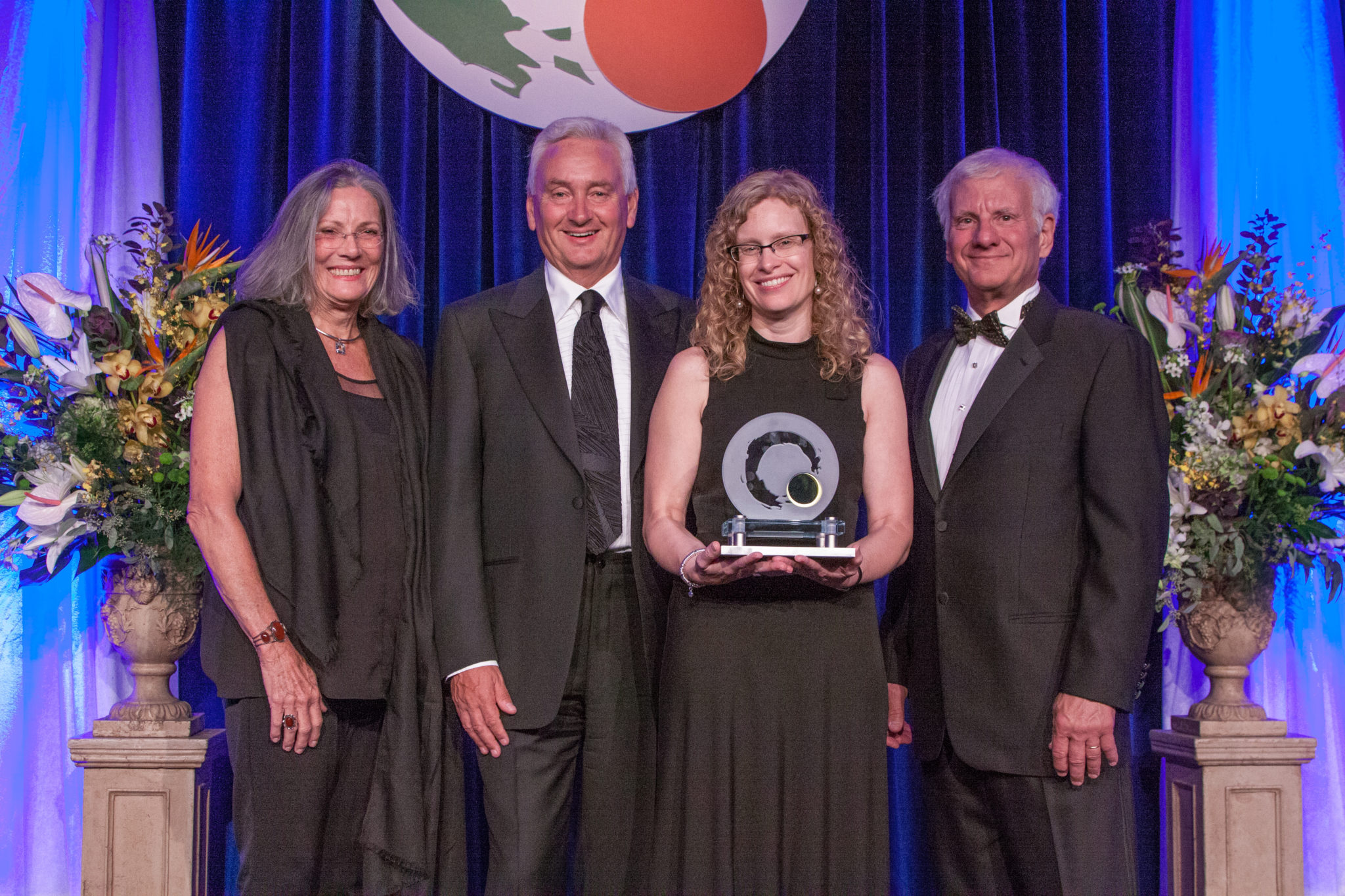Announcing the Dr. Rogers Prize for Advancing Health, Medicine & Healing Biennial award increased to…
2011 Dr. Rogers Prize awarded to Dr. Marja Verhoef, PhD

University of Calgary doctor announced as winner of $250,000 Dr. Rogers Prize
The 2011 Dr. Rogers Prize for Excellence in Complementary and Alternative Medicine was awarded to Dr. Marja Verhoef of the University of Calgary at a gala award dinner on September 23rd in Vancouver, BC.
Dr. Verhoef holds Canada’s only Research Chair in Complementary Medicine at the University of Calgary. She has been a driving force behind the establishment of several Canadian networks promoting and enabling partnerships among those interested in complementary, alternative and integrative medicine. The most well known of these is the IN-CAM network, a virtual organization sparking collaboration among researchers and practitioners in Canada, North America and internationally. She has been a tireless advocate of appropriate research methods for the often multi faceted approaches that fall under the umbrella of complementary and alternative medicine. She has inspired and mentored many in the research of complementary and alternative medicine.
Dr. Verhoef and her husband, Peter Dankers, emigrated to Ottawa from Holland in 1978 to take advantage of a career opportunity for Peter. “I grew up receiving treatment and care from a physician-homeopath and realized not until much later that this was uncommon and unacceptable in many parts of the world.” Another academic opportunity brought them to the University of Calgary where they settled and had their two sons. Dr. Verhoef’s interest in CAM was sparked when Dr. Sutherland, a gastroenterologist, asked her to study his patients’ use of complementary and alternative therapies. The results showed much more use than had been suspected.
Dr. Verhoef played around the edges of the field with studies on the uses of CAM for various diseases, but jumped in with both feet with a survey of MDs attitudes towards CAM use [Verhoef MJ, Sutherland LR. General practitioners’ assessment of and interest in alternative medicine in Canada]. During these formative years, she gathered other scientists and graduate students and encouraged them to study the area. Her degrees in sociology, psychology and epidemiology enabled her to collaborate across many disciplines.
“Collaborating is crucial to the CAM field. It is not useful (and not much fun!) to all go our own direction. We need to collaborate to develop and promote the field of CAM research and education to enhance the quality and impact of our work. Networks are a great avenue to collaborate, share information, establish research teams and be responsive to practitioners, the public and patients’ needs.” This sentiment led to the development of the IN-CAM network (Canadian Interdisciplinary Network on Complementary and Alternative Medicine) in partnership with Dr. Heather Boon (funded by a CIHR Team grant) and CCAM (Cancer and CAM Research Team). Dr. Verhoef was one of the founders of the International Society for Complementary Medicine Research (ISCMR) and served as its first President. These virtual organizations are effective, run on a shoestring and well used by a broad base of membership from Canada, the US and around the world. Dr. Verhoef firmly believes in the cementing of professional relationships with food and drink, forging collaborations with pizza and wine, in the event no conference meal is available. She has a reputation for fastidious use of grant funds, stretching dollars far beyond their usual capacity. Her soft spoken manner belies an indefatigable energy and razor sharp focus.
Some would argue her most innovative work is in Whole Systems Research. “I’m passionate about Whole Systems Research, because CAM treatment systems can only be done justice by research that acknowledges their complexity and the interconnectedness of the various treatment elements. It is not acceptable to say that we don’t have such methodological approaches. If that is so – we need to develop them.” Dr. Verhoef, along with Dr. Cheryl Ritenbaugh, established the Whole Systems Research Group in 2002. Known as “The Island Group”, this ambitious cluster of scientists is intent on developing a research model that will appropriately evaluate the effects of whole systems such as Traditional Chinese Medicine and Naturopathy. “Establishing evidence for CAM is a must. However, it is equally important to use methods that are developed to assess complex systems such as CAM.”
Another of Dr. Verhoef’s vital interests is the CAM in Undergraduate Medical Education project. This national project aims to develop a CAM and Natural Health Product (NHP) curriculum for introduction into Canadian undergraduate medical education programs. “It is essential for physicians in training to be aware of patients’ use of CAM and to be prepared to discuss this with them. Understanding and familiarity may be conducive to fostering positive relationships with CAM practitioners.” The curriculum is meant to help students develop the attitude, skills and knowledge necessary to discuss CAM and NHPs with patients in an informed and non-judgmental manner.
September 24, 2011 Vancouver Sun: U of C Doctor Wins Rogers Prize (PDF)
Pictured at top: 2011 Dr. Rogers Prize winner, Dr. Marja Verhoef with Gordon Rogers



